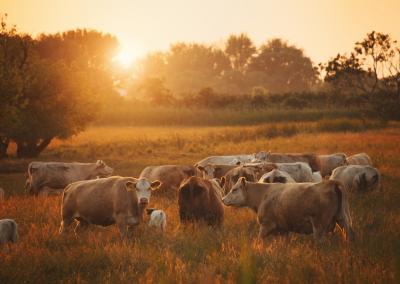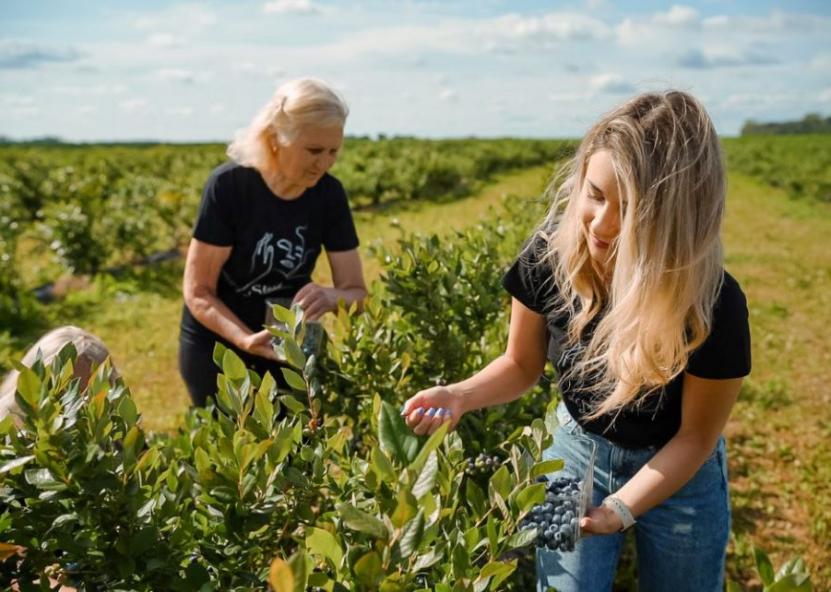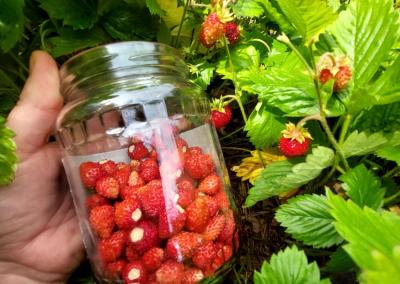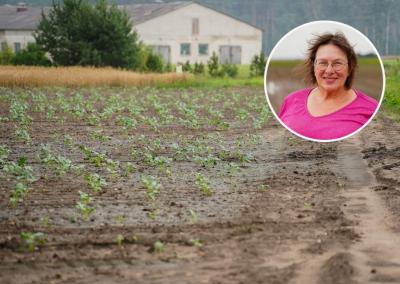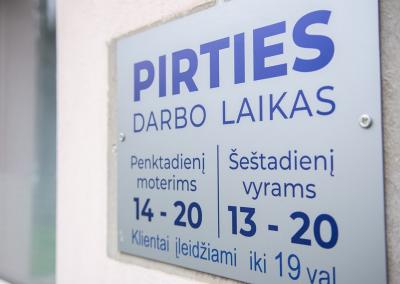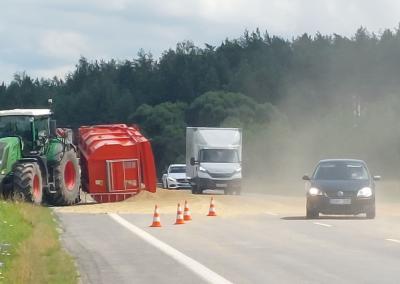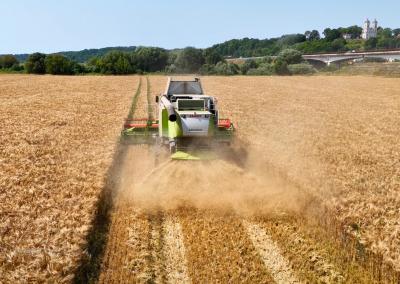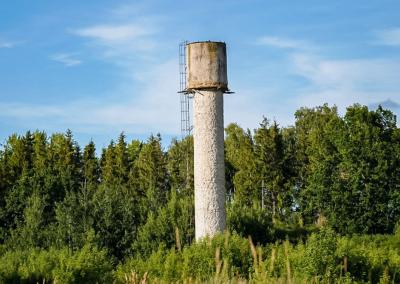Nurseries and farms in Panevėžys district calculate losses, buyers - higher prices
This year's spring frosts have severely disrupted the plans of gardeners and berry pickers in the Panevėžys district, and those who want to pick their own summer produce are the most affected. Dembava nursery and farmer Paulius Speičys share information about the significantly reduced harvest, which has meant that this year there is no possibility of picking their own berries, which means higher prices for buyers.
No self-picking this year
On the social network „Facebook“ Dembava Nursery announced sad news for its customers: „We would like to inform you that this year, due to the unfavourable weather conditions – in particular the spring frosts –, our harvest has suffered a lot. Unfortunately, we will not be able to offer self-harvesting of cherries, cherries, plums, pears, apples and blackcurrants.“
Although journalists tried to get more information about the harvest losses, nursery representatives refused to comment further on the situation. „In response to your request for information on the situation and losses of this year's harvest at Dembava Nursery, we would like to inform you that we do not agree at this time to any article being prepared or published in the media about our activities“, – the representatives replied laconically.
Nothing to pickHowever, farmer Paulius Speičys, who had previously been delighted with the opportunity to pick his own strawberries and other berries, was more open about the experience of his farm in the village of Sodeliškių in the Velis municipality. This year there is no self-picking on his farm either, as the strawberry harvest has almost halved. This year there is nothing to pick, the harvest is frozen. We pick everything ourselves," said the farmer.
He explained that in the past, they used to let them pick the berries when the workers were not able to do it themselves. We used to leave the fields where the berries were smaller for people to pick for themselves, and we would go to the bigger fields that were just starting to produce.“
This year – no picking berries on your own: nurseries and farms in Panevėžys district are counting losses, buyers – higher prices.
Springs and price hikes
P. Speičys confirmed that strawberries were particularly hard hit by the frost. „We had almost two weeks of frost, so we covered the berries. Where they were not covered, maybe only about a third of the crop was left," the farmer lamented. It is not surprising, therefore, that the price of strawberries is much higher this year.
The situation is further complicated by the fact that neighbouring Poland, which usually supplies a large number of berries to the Lithuanian market, is in a similar situation. „Polish strawberries are coming in, but in Poland the situation was the same – both frosts and heavy rains. The berries are expensive, there are no large quantities, there is a shortage on the market, so the price has gone up a bit," the farmer explained.
Do buyers buy the more expensive berries? It's hard to say what we pick – what they buy “, – says Mr Speičys. But he notes a trend: „They no longer buy in tens of kilograms for winter, they buy 5–8 kilograms.“
According to the farmer, the current price of strawberries per kilo on the counter is EUR 6–7, while when buying directly from the farm, the price is slightly lower.
This year – without picking berries on their own: nurseries and farms in Panevėžys district are counting losses, buyers – higher prices.
Other berries
The farmer also grows black and red currants, but notes that these berries are not as popular as strawberries. Currants are mostly harvested with a combine harvester for industrial purposes, but their yield is also lower this year. All the crops that bloomed in the spring have lower yields," the farmer summarised.
There is hope, however. Autumn raspberries are flowering and, although frosts have slowed down their growth, a reasonably good harvest is expected. The farm also has a small area of rose hips. The early varieties are already turning a little blue and intensive picking should start at the end of July.
One thing is clear – this is a challenging year for farmers and buyers will have to accept less choice and higher prices for berries.











































